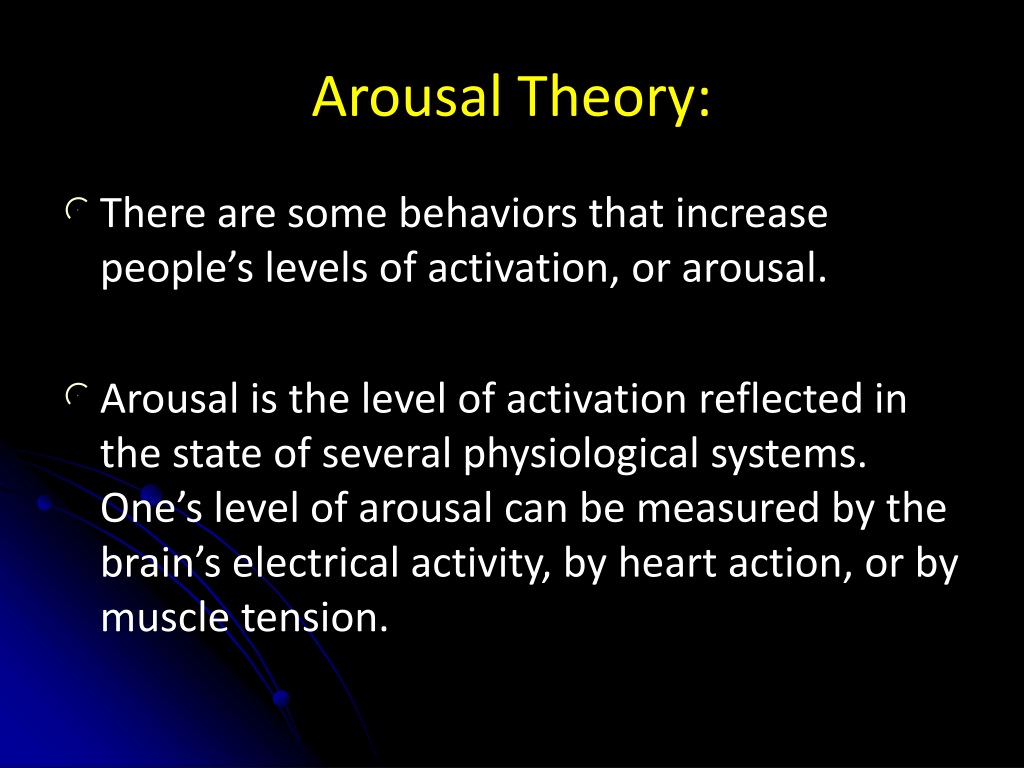Some people experience the same feeling of arousal when thinking about food as when having sex

Some people experience the same feeling of arousal when thinking about food as when having sex.

When it comes to the pleasures of life, food and sex often top the list. But did you know that for some people, the mere thought of food can elicit the same feelings of arousal as engaging in sexual activities? It may seem surprising, but there is a scientific explanation behind this fascinating phenomenon.
According to a study published in the Journal of Neuroscience, the brains of individuals who experience the same feelings of arousal for both food and sex have certain similarities in their neural circuits. These neural circuits are responsible for signaling reward and pleasure, and they play a crucial role in governing our behaviors and desires.

One possible explanation for this connection lies in the evolutionary patterns ingrained in our brains. Both food and sex are essential for the survival and reproduction of our species. Therefore, it is not surprising that our brains have developed similar mechanisms to encode the pleasure associated with these activities.
Moreover, several studies have shown that the neurotransmitter dopamine plays a pivotal role in both food and sexual reward systems. Dopamine, often referred to as the “feel-good” neurotransmitter, is released in response to pleasurable experiences, reinforcing the behavior that leads to that pleasure. This release of dopamine creates a positive feedback loop, making us more likely to seek out these pleasurable experiences again and again.
However, it is important to note that this phenomenon is not universal. While some individuals may experience the same level of arousal for both food and sex, others may not. Our brains are unique, and our responses to different stimuli can vary greatly from person to person.
So, what does this mean for us on a practical level? For one, understanding the connection between food and sex can help shed light on our eating habits and potentially even assist in managing certain eating disorders. By recognizing that some people may derive a significant amount of pleasure from food, we can approach discussions around nutrition and healthy eating in a more compassionate and understanding way.
Additionally, this finding highlights the complexity of the human brain and the intricate ways in which it perceives and responds to different stimuli. It serves as a reminder that our experiences and desires are shaped by a multitude of factors, many of which are still not fully understood.
In conclusion, the idea that some people experience the same level of arousal when thinking about food as when having sex is indeed intriguing. While there is scientific evidence to support this phenomenon, it is important to remember that individual experiences can vary greatly. By exploring these connections further, scientists aim to unravel the mysteries of the human brain and gain a deeper understanding of the complexities that make us who we are.
Sources:
Tags
Share
Related Posts
Quick Links
Legal Stuff

